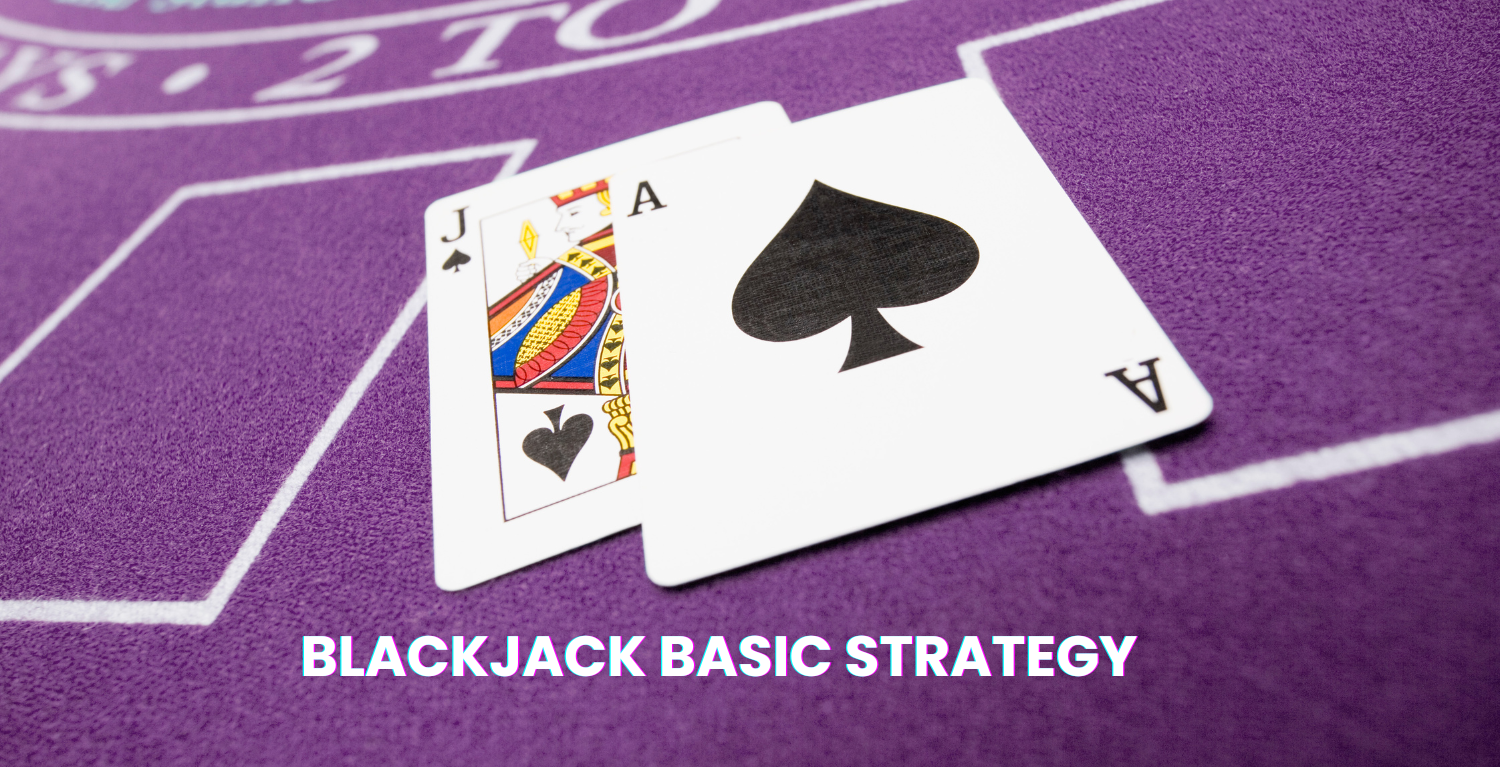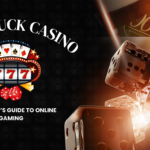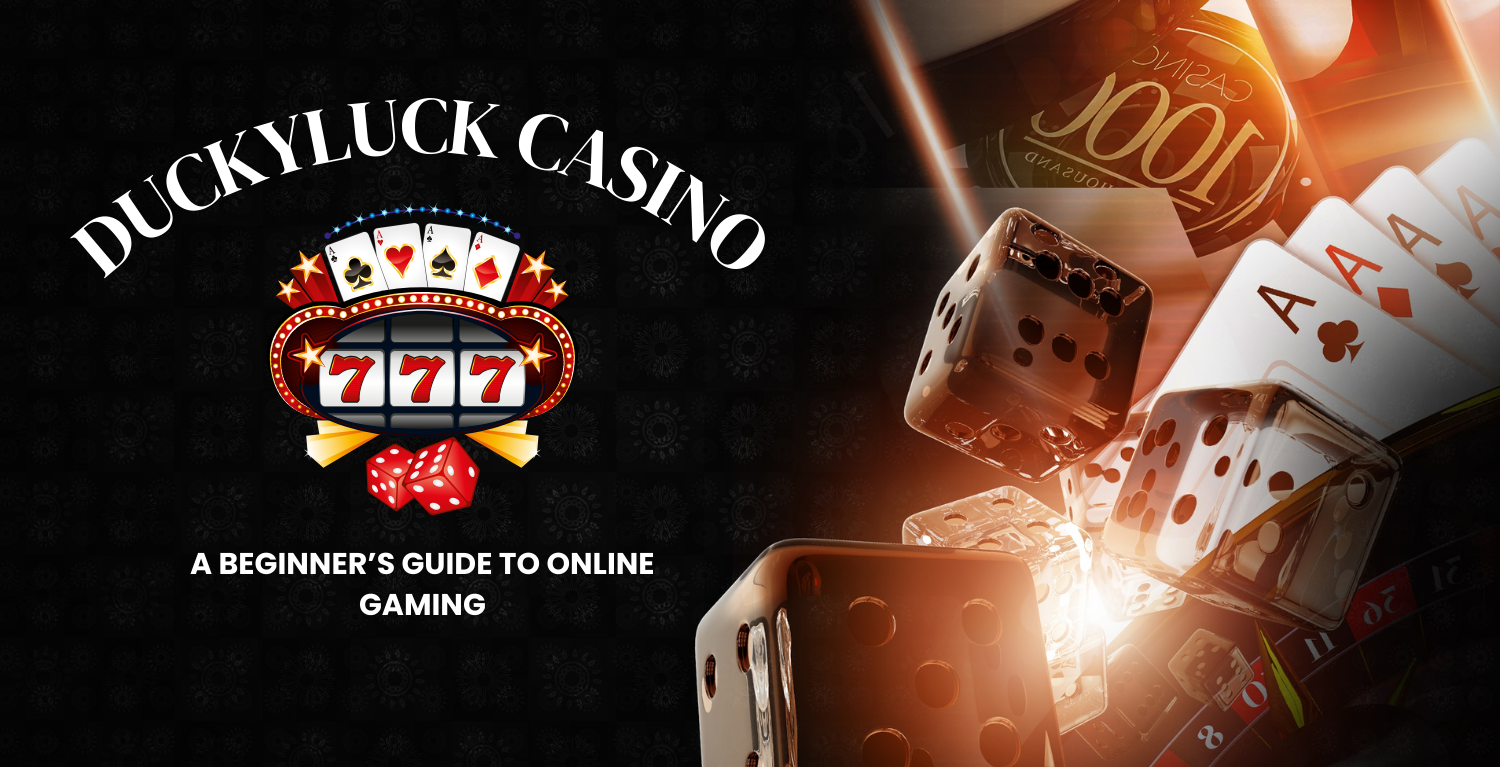Blackjack is one of the most popular casino games worldwide, known for its blend of skill, strategy, and a touch of luck. For beginners, mastering the basics can significantly improve their chances of winning and make the game more enjoyable. This guide explores the fundamental strategies of blackjack, offering tips and techniques to help you maximize your chances of success.
Introduction to Blackjack
Blackjack, often referred to as “21,” is a classic casino card game that combines luck and skill. Its simple rules and potential for strategic decision-making make it a favorite among players, from casual gamers to seasoned pros.
Why is Blackjack So Popular?
- Easy to Learn: The rules are straightforward, making it accessible to beginners.
- Low House Edge: With the right strategy, players can minimize the house’s advantage.
- Skill-Based Decisions: Unlike pure chance games, blackjack rewards strategic thinking.
The objective of the game is simple: beat the dealer by getting as close to 21 as possible without exceeding it.
Understanding the Blackjack Basic Strategy
Before diving into strategies, it’s essential to understand the foundational rules and gameplay of blackjack.
Card Values and Counting Your Hand
- Number cards are worth their face value.
- Face cards (King, Queen, Jack) are worth 10.
- Aces can be worth 1 or 11, depending on what benefits your hand.
For example, if you’re dealt an Ace and a 9, your hand value is 20—a strong hand close to 21.
The Role of the Dealer
The dealer plays against all players at the table. Their objective is the same: get as close to 21 without busting. However, dealers must follow strict rules, such as hitting until their hand reaches 17 or higher.
Winning Conditions
You win in blackjack by:
- Having a higher hand value than the dealer without exceeding 21.
- The dealer busting (exceeding 21) while you remain under.
- Being dealt a “blackjack” (an Ace and a 10-value card) on your first two cards.
What is Blackjack Basic Strategy?
Basic strategy is a mathematically proven system that helps players make the best decisions in every possible scenario during a game of blackjack.
Purpose of Blackjack Basic Strategy
The strategy aims to minimize the house edge, reducing it to as low as 0.5% when used correctly. By consistently following basic strategy, players can improve their odds significantly.
Consistency is Key
While luck plays a role in individual hands, sticking to the strategy over time ensures you make optimal choices, leading to better overall outcomes.
The Blackjack Basic Strategy Chart
A strategy chart is an essential tool for beginners. It provides a visual guide to the best moves based on your hand and the dealer’s upcard.
How to Read the Chart
The chart outlines actions like:
- Hit (H): Take another card.
- Stand (S): Keep your current hand.
- Double Down (D): Double your bet and take one more card.
- Split (SP): Divide your hand into two separate hands if dealt a pair.
- Surrender (SR): Forfeit half your bet and fold your hand.
Different Scenarios
The chart is divided into:
- Hard hands (no Aces).
- Soft hands (hands with an Ace).
- Pairs (hands with two cards of the same rank).
Key Blackjack Moves
When to Hit or Stand
- Hit if your hand is 8 or less.
- Stand on strong hands like 17 or higher.
Doubling Down
This move is best when:
- Your total is 10 or 11, and the dealer shows a weak card (2-6).
- It offers a chance to maximize profits with a strong advantage.
Splitting Pairs
- Always split Aces and 8s.
- Never split 5s or 10s.
Surrendering
This option is ideal when:
- The dealer has a strong upcard (e.g., Ace or 10-value card).
- Your hand is weak, such as a hard 16 against a dealer’s 10.
Avoiding Common Mistakes of Blackjack Basic Strategy
Many beginners lose money by making avoidable mistakes. Here’s what to watch out for:
- Gut Instincts Over Strategy: Trust the math, not your feelings.
- Ignoring the Dealer’s Upcard: Always consider the dealer’s visible card when making decisions.
- Poor Bankroll Management: Set a budget and stick to it.
Card Counting: Myth or Magic?
While card counting can give players an edge by tracking high and low cards remaining in the deck, it’s not essential for beginners.
Is Card Counting Legal?
Card counting is not illegal, but casinos frown upon it and may ban players who are caught.
The Importance of Bankroll Management
Effective bankroll management ensures you can play longer and minimizes losses.
Tips for Bankroll Management
- Set a betting limit for each session.
- Avoid increasing your bets after losses.
- Know when to walk away.
Online vs. Land-Based Blackjack
Online blackjack offers convenience, while land-based casinos provide a more immersive experience. Each has its pros and cons.
Advantages of Online Blackjack
- Play anytime, anywhere.
- Access to free practice games.
- Variety of game types and stakes.
Tips for Practicing Blackjack Basic Strategy
Free Tools and Apps
Practice with free online simulators to sharpen your skills.
Start Low-Stakes Games
Begin with low bets to gain confidence without risking significant money.
Understanding House Rules and Variations
Different blackjack variants, such as Spanish 21 or Double Exposure, may require adjustments to your strategy. Always check the rules before playing.
10 Common Mistakes Players Make When Using Blackjack Basic Strategy
Blackjack is one of the most popular casino games, and its appeal lies in the blend of skill and chance. While basic strategy can significantly increase your odds of success, many players unknowingly make mistakes that undermine their efforts. Whether you’re a novice or a seasoned player, avoiding these pitfalls can make all the difference. Let’s dive into the ten most common mistakes players make when using blackjack basic strategy and how to correct them.
Blackjack has long been celebrated as one of the most skill-based casino games. Unlike games of pure chance, such as roulette or slots, blackjack rewards players who understand and apply its strategies. At the core of these strategies is what’s known as basic strategy—a mathematically proven guide for making optimal decisions during gameplay.
But here’s the catch: even the most well-intentioned players often misuse this strategy, leading to costly mistakes. Why does this happen? In most cases, it boils down to misunderstanding, overconfidence, or simply a lack of preparation. In this article, we’ll walk you through the ten most common mistakes players make when using blackjack basic strategy and how you can avoid them.
- Not learning basic strategy
As a whole of itself, this is a top ten list. These principles are not in any particular order, as I stated at the beginning, but one of the most common errors is failing to master basic strategy. Learning a basic approach is not that difficult. You don’t have to commit every combination to memory. Learn the reasoning first. You are easily 90% there if you comprehend the reasoning. Homework may be necessary under certain circumstances, but consider it an investment in your own education. In the long term, it will be worthwhile. The first three are major, generic errors, whereas the next seven are related to splitting or doubling.
- Misunderstanding Basic Strategy
Basic strategy is your roadmap to blackjack success, but too many players don’t fully understand how it works. This strategy is designed to minimize the house edge by guiding your decisions based on your hand and the dealer’s upcard.
Common Misconceptions:
- It guarantees wins: Basic strategy doesn’t eliminate the house edge; it reduces it to the lowest possible percentage.
- It’s overly complicated: While it may seem complex at first, basic strategy charts are easy to learn with practice.
- Luck can override strategy: Relying on “luck” instead of sticking to the strategy will almost always lead to greater losses.
By clarifying what basic strategy is—and isn’t—you can set realistic expectations and use it effectively.
- Deviating from Basic Strategy
The allure of blackjack often lies in its unpredictability. This leads many players to abandon strategy and “follow their gut.” While intuition has its place in other areas of life, it’s your worst enemy in blackjack.
Why Players Deviate:
- Emotional decisions: Feeling lucky or frustrated can cloud judgment.
- Misinformation: Myths like “hot streaks” can tempt players to stray from strategy.
- Peer pressure: Watching others make risky moves can influence your own decisions.
Sticking to basic strategy requires discipline. Remember, the math doesn’t lie, and consistent adherence will improve your long-term results.
- Ignoring Table Rules
Not all blackjack games are created equal. The rules can vary significantly from one table to another, and these differences can drastically alter your basic strategy decisions.
Key Rule Variations to Watch For:
- Number of decks: Fewer decks generally favor the player, but they require slight strategy adjustments.
- Dealer hits or stands on soft 17: Knowing this rule is critical for deciding when to hit, stand, or double down.
- Payouts for blackjack: A 6:5 payout increases the house edge compared to the standard 3:2 payout.
Always check the table rules before sitting down to play. Adjusting your strategy accordingly ensures you’re not at a disadvantage from the start.
- Misinterpreting the Dealer’s Upcard
The dealer’s upcard is one of the most important factors in determining your next move. However, many players either overlook it or misinterpret its significance.
Common Errors:
- Overreacting to high cards: Players often assume the dealer will bust less frequently with a high upcard, but that’s not always true.
- Underestimating low cards: A dealer’s 2 or 3 might look weak, but it requires careful strategy adjustments.
Best Practices:
- Use the basic strategy chart to guide your response to the dealer’s upcard.
- Consider the dealer’s likely total rather than focusing solely on the visible card.
Mastering this aspect of gameplay can give you a crucial edge over less-informed players.
- Mismanaging Bankroll
Proper bankroll management is as essential as understanding basic strategy. Unfortunately, many players neglect this aspect, leading to unnecessary losses.
Signs of Poor Bankroll Management:
- Betting too much too soon: Chasing big wins without a plan often backfires.
- Failing to set limits: Without clear boundaries, it’s easy to overspend.
- Ignoring table minimums and maximums: Playing at inappropriate stakes can quickly deplete your funds.
A disciplined approach to managing your money ensures that you can stay in the game longer and weather inevitable losses. Set limits for each session and stick to them, no matter what.
- Failing to Split Pairs Correctly
Splitting pairs is one of the most strategic moves in blackjack, yet it’s often misunderstood or misused. The concept is simple: if you’re dealt two cards of the same rank, you have the option to split them into two separate hands, giving you a better chance to win.
Common Mistakes When Splitting Pairs:
- Not splitting aces and eights: These pairs should always be split, as doing so significantly improves your odds. Two aces allow for two chances at blackjack, while splitting eights avoids starting with a weak 16.
- Splitting tens: Many players wrongly split tens, believing it doubles their chances of winning. However, a hand of 20 is one of the strongest in blackjack and should not be broken up.
- Ignoring the dealer’s upcard: Your decision to split should depend on the dealer’s visible card. For example, splitting twos, threes, or sixes is often beneficial against a weak dealer upcard like 4, 5, or 6.
By learning and sticking to the rules of splitting, you can maximize your chances of turning a challenging hand into a profitable one.
- Not Doubling Down at the Right Time
Doubling down is a powerful tool in blackjack, allowing you to double your bet after the initial deal in exchange for one additional card. It’s a high-reward strategy, but it must be used wisely to be effective.
When to Double Down:
- Player’s hand totals 10 or 11: If the dealer shows a weak upcard (e.g., 2–6), doubling down is almost always the best move.
- Soft hands (Ace and 6, Ace and 7): Against weaker dealer cards, doubling down with these hands can lead to higher payouts.
Common Errors:
- Doubling down on weak hands: Doubling when you’re unlikely to win wastes your money and increases your risk.
- Missing opportunities: Hesitating to double down due to fear of losing limits your potential winnings.
Understanding the right timing for doubling down can significantly enhance your profit potential, so don’t be afraid to seize these opportunities.
- Overestimating Insurance
When the dealer shows an Ace, they’ll offer insurance—a side bet that pays 2:1 if the dealer has blackjack. While it may sound appealing, insurance is almost always a losing proposition in the long run.
Why Insurance is a Bad Bet:
- High house edge: Insurance bets increase the casino’s advantage, especially when you don’t have blackjack yourself.
- Distraction from strategy: Players often focus on insurance and forget the broader implications for their main hand.
When to Avoid Insurance:
- Unless you’re counting cards and know the deck is rich in tens, it’s best to skip the insurance bet entirely. It’s a trap designed to chip away at your bankroll.
By ignoring insurance offers, you’ll save money and keep your focus on the main game.
- Playing Without Practicing
Blackjack may seem straightforward, but mastering basic strategy takes time and practice. Many players dive into real-money games without adequately preparing, leading to costly mistakes.
The Importance of Practice:
- Familiarity with strategy charts: Memorizing basic strategy ensures you’re prepared to make optimal decisions quickly.
- Confidence under pressure: Practicing in a stress-free environment helps you stay calm and focused during live games.
Ways to Practice:
- Online blackjack simulators: These tools allow you to play for free while refining your strategy.
- Mobile apps: Many apps are specifically designed to teach basic strategy through interactive gameplay.
- Friendly games: Practice with friends to simulate real-life conditions without financial risk.
By dedicating time to practice, you’ll build the skills and confidence needed to excel at the blackjack table.
Conclusion of Blackjack Basic Strategy
Mastering basic strategy is the key to long-term success in blackjack. By understanding the rules, practicing consistently, and managing your bankroll wisely, you can significantly improve your chances of winning. Remember, blackjack is a game of skill and patience, so stay disciplined and enjoy the process.
FAQs of Blackjack Basic Strategy
- What is the main goal of blackjack?
The goal is to beat the dealer by having a hand value closer to 21 without exceeding it.
- Do I need to memorize the strategy chart?
While memorization helps, beginners can use printed charts or apps for reference.
- Is card counting necessary to win at blackjack?
No, basic strategy alone can significantly improve your odds without card counting.
- Can I practice blackjack for free?
Yes, many online casinos and apps offer free versions of the game for practice.
- What’s the best way to manage my bankroll?
Set a budget before you play, stick to it, and avoid chasing losses.













